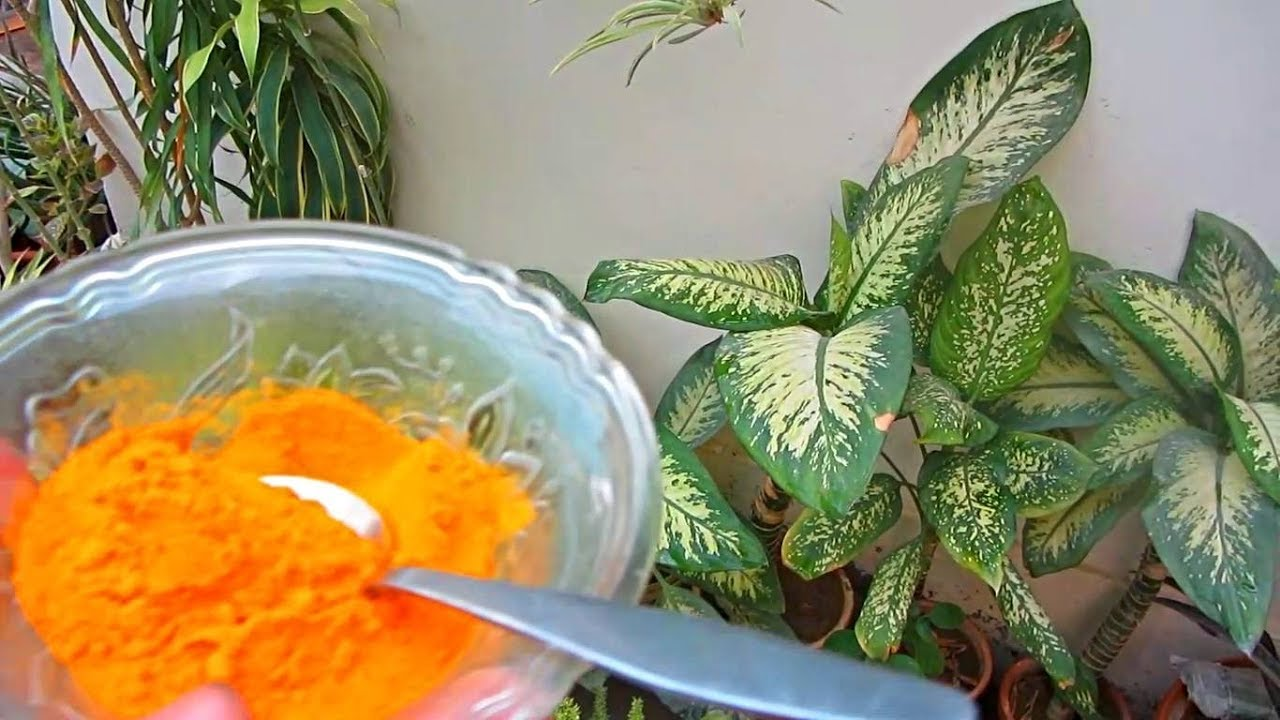Introduction: Turmeric, with its vibrant golden hue and earthy flavor, has long been celebrated for its culinary prowess and medicinal properties. However, its influence extends beyond the kitchen into the realm of plants, where its miraculous benefits are garnering attention from gardeners and enthusiasts alike. In this article, we’ll delve into the transformative power of turmeric in plants, exploring its myriad uses and the remarkable impact it can have on garden health and vitality.
Turmeric: A Brief Overview: Turmeric, scientifically known as Curcuma longa, is a flowering plant native to Southeast Asia, where it has been cultivated for centuries for both culinary and medicinal purposes. The rhizomes of the turmeric plant are harvested and dried to produce the vibrant yellow spice commonly used in curries, teas, and traditional medicine.
1. Natural Pest Repellent: One of the lesser-known benefits of turmeric in plants is its ability to repel pests and insects. The compounds found in turmeric, particularly curcumin, have been shown to possess insecticidal properties, making it an effective natural deterrent against common garden pests such as aphids, mealybugs, and spider mites. Simply sprinkle turmeric powder around the base of plants or create a turmeric-infused spray to protect against unwanted visitors.
2. Soil Amendment and Fertilization: Turmeric contains a wealth of nutrients and organic matter that can enrich the soil and promote plant growth. Incorporating turmeric powder or grated turmeric rhizomes into the soil can improve soil structure, enhance nutrient availability, and stimulate microbial activity, resulting in healthier, more robust plants. Additionally, turmeric acts as a natural fertilizer, providing essential nutrients like potassium, phosphorus, and magnesium to support plant growth and development.
3. Disease Prevention and Management: The antimicrobial and anti-inflammatory properties of turmeric make it a valuable ally in plant disease prevention and management. Applying turmeric solutions or extracts to plants can help protect against fungal infections, bacterial diseases, and viral pathogens, reducing the risk of crop loss and promoting overall plant health. Turmeric’s ability to boost the immune system of plants makes it an invaluable tool for sustainable and organic gardening practices.
4. Rooting Hormone Substitute: Turmeric contains natural compounds that stimulate root growth and development, making it an excellent alternative to synthetic rooting hormones. Dip plant cuttings or seedlings in a turmeric solution before planting to encourage robust root formation and improve transplant success rates. This natural rooting hormone can accelerate root growth and establishment, leading to stronger, more resilient plants.
Conclusion: Turmeric’s remarkable properties extend far beyond the kitchen, offering a wealth of benefits to plants and garden ecosystems. From natural pest repellent and soil enrichment to disease prevention and rooting hormone stimulation, turmeric stands as a versatile and invaluable ally for gardeners seeking to enhance plant health and vitality. Embrace the transformative power of turmeric in plants and unlock the full potential of your garden with this extraordinary spice. Whether you’re a seasoned gardener or a novice enthusiast, incorporating turmeric into your gardening practices can yield miraculous results, cultivating a thriving and vibrant garden that flourishes with abundance and vitality.

